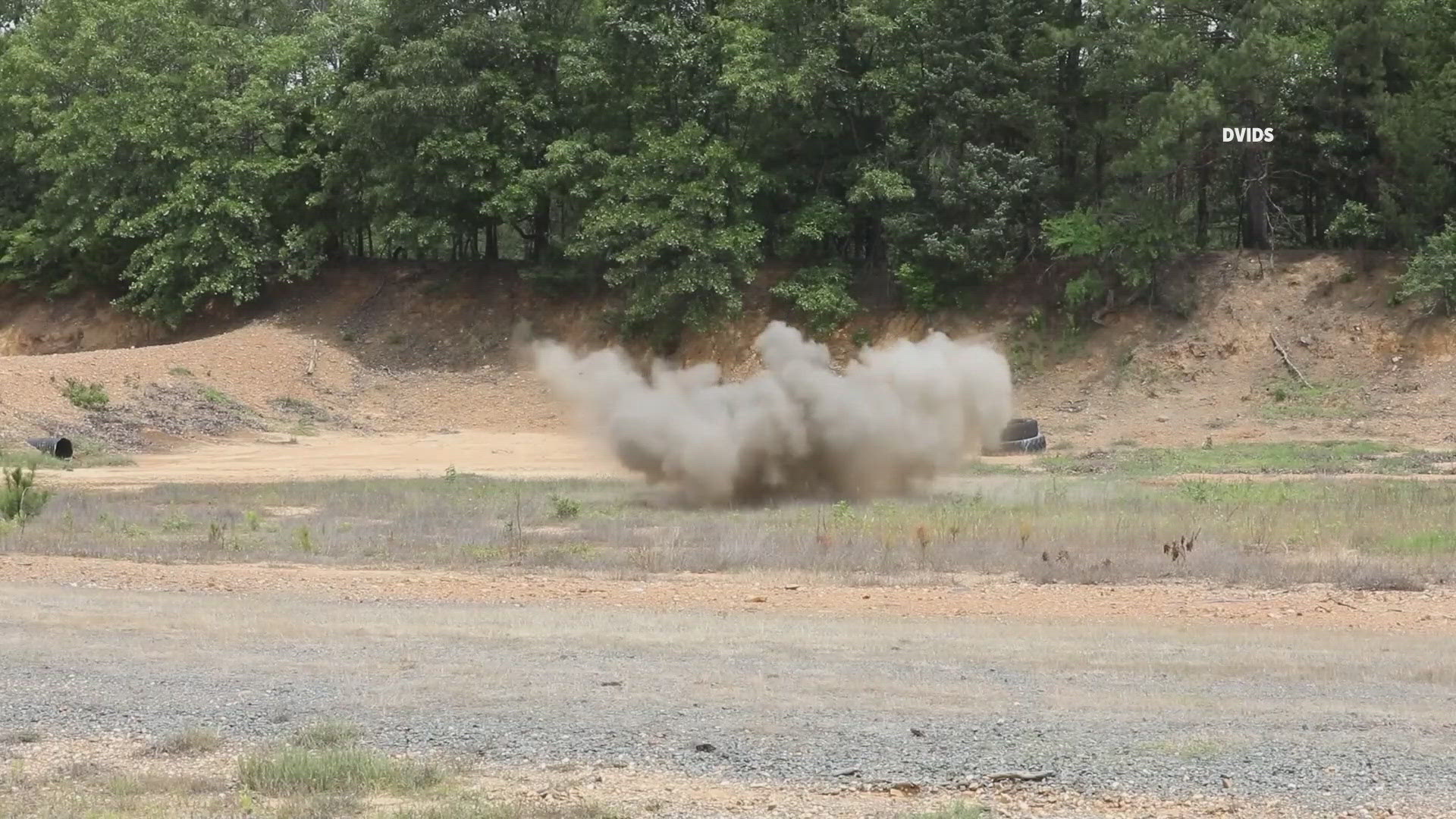WASHINGTON D.C., DC — The U.S. Department of Defense is implementing new policies to lessen the risks for soldiers and servicemembers around brain injuries from blasts in combat or training, Deputy Secretary Kathleen Hicks wrote in a memo Thursday.
Sen. Angus King, I-Maine, said he was "encouraged" by the new policies after submitting legislation and writing a letter to Defense Secretary Lloyd Austin in July to suggest baseline screenings of servicemembers for brain injuries.
King's urging came after reports from the New York Times drew connections between Lewiston mass shooter Robert Card and his potential exposure to blasts during his time as a grenade instructor with the U.S. Army Reserve.
"This policy is not meant to preclude or unreasonably restrict commanders from conducting mission-essential weapons training. Rather, this policy establishes requirements for practical risk management actions to mitigate and track [blast overpressure] exposures across the DoD," Hicks wrote. "Brain health effects from BOP exposures are not yet fully understood, but adverse health and cognitive performance impacts have been reported from acute exposures to BOP above 4 pounds per square inch (psi). An interim BOP exposure safety guideline of 4 psi will be used as a threshold to require initiation of appropriate risk management actions until further research is complete, defining brain health impacts from BOP exposure."
The first action item involves all new Active and Reserve servicemembers to undergo cognitive assessments as part of the entry process by Dec. 31, 2024.
Card was an Army Reservist, who suffered from deteriorating mental health issues, including paranoia, before carrying out the mass shooting in Lewiston in October 2023. His family donated his brain to Boston University's CTE & Alzheimer’s Disease Research Centers. Researchers there found Card had suffered some kind of traumatic brain injury but could not specify it.
In the Army's report on the investigation into Robert Card's time in the Reserve before the shooting, investigators found he had suffered a fall off the roof of his home in 2008.
"SFC Card's records do not indicate any significant brain trauma occurred while in a duty status, indicating SFC Card's injury occurred during a non-duty status, and not related to his military service. I defer to the experts at Walter Reed on whether they can draw a connection to SFC Card's brain study and his potential exposure to concussive forces," the investigating officer wrote.
The report lists several new considerations for those who routinely use weapons in training or combat situations, and those who may be nearby.
King issued a statement on the new policies, which can be read below:
"I am encouraged by the new policies being put in place by the Department of Defense to address brain injuries caused by blast overpressure. The more we focus efforts on the effects of blasts, the more we learn about the direct link to brain injury and how we can prevent these injuries in the future. By beginning a cognitive test program this year to screen every servicemember upon entry to the military, as well as screen current at risk servicemembers, we can learn how to manage these exposures with the aim of protecting their wellbeing and saving lives.
“It is clear this is an urgent issue and I commend the Pentagon for fast-tracking these needed changes. This urgency especially hits home for us here in Maine after reports showed the gunman responsible for the Lewiston shooting was repeatedly exposed to blasts during Army training events, likely causing a brain injury. This new policy marks another positive step toward helping our community heal, while also working to prevent unnecessary harm moving forward to our servicemembers and veterans. We have a solemn duty to protect the well-being of those who served to protect our nation and freedoms.”
Prior to his letter to Defense Secretary Lloyd Austin, King sent a letter to the leaders of the Appropriations Committee urging leadership to support the strongest possible funding for the Traumatic Brain Injury and Psychological Health Research program within the Department of Defense (DoD) Congressionally Directed Medical Research Program (CDRMP).
King also recently introduced the Blast Overpressure Safety Act that would direct the Department of Defense (DoD) to enact a range of measures to help mitigate and protect servicemembers from blast overpressure.

